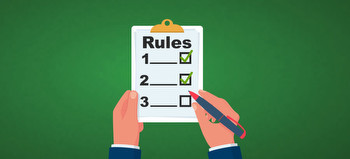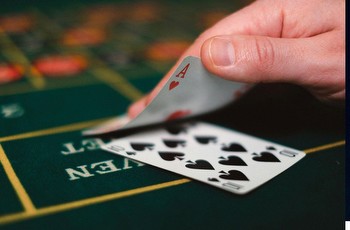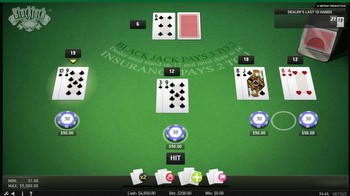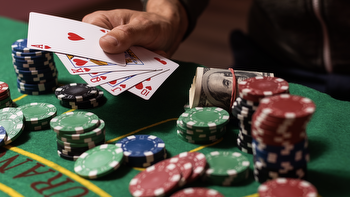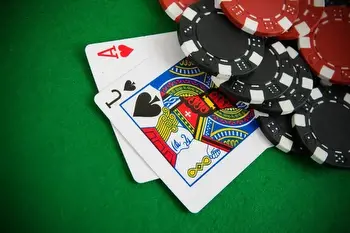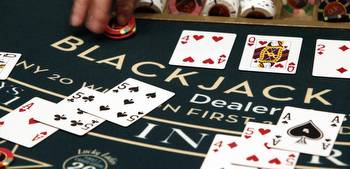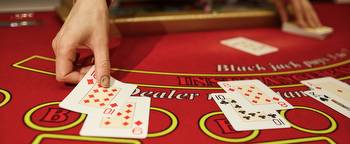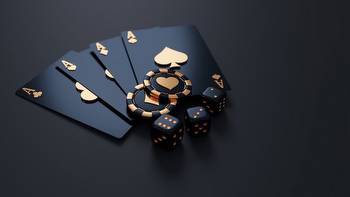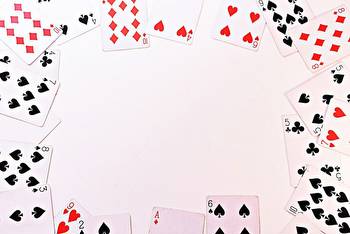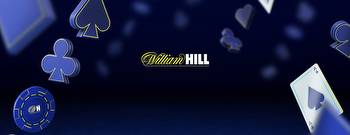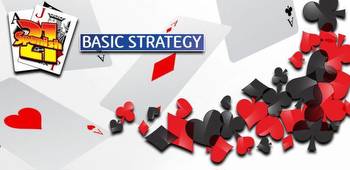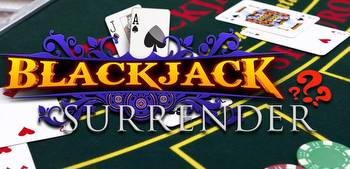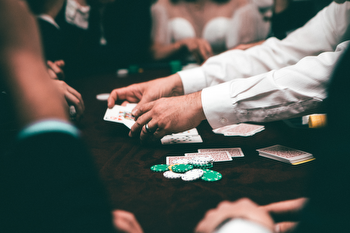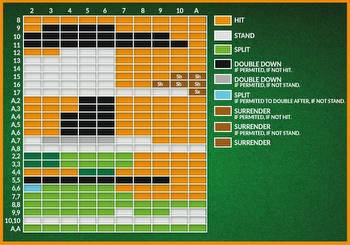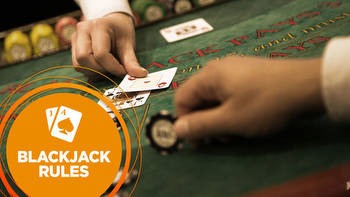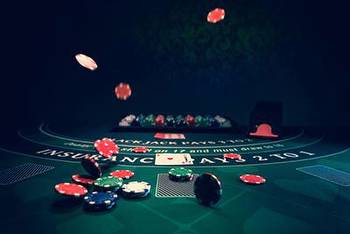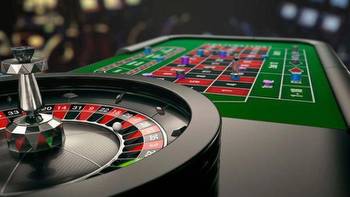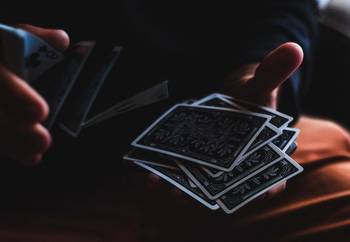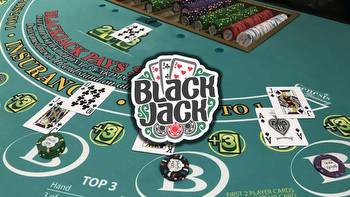8 biggest blackjack mistakes (and what to do instead)
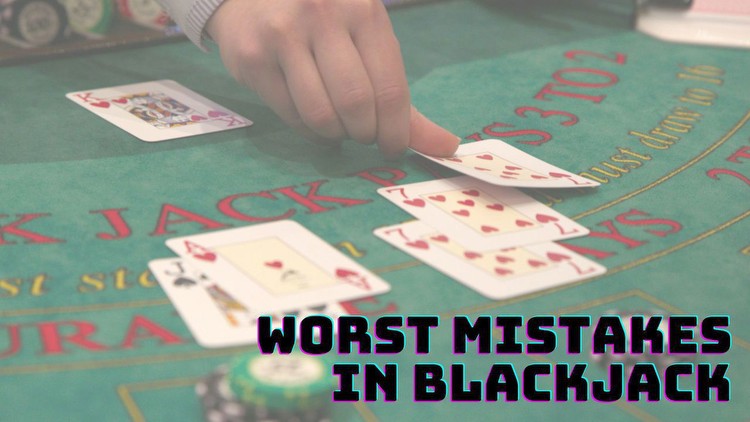
Catena Media provides exclusive online gambling and sports betting content to OregonLive.com, including analysis, tools and sportsbook and online casino offers to help bettors get in on the action. Please wager responsibly.
You can play online blackjack just about everywhere in the US—either at the best online casinos or at sweepstakes & social casinos.
You must get lucky to win, but you can minimize the house edge by playing optimal blackjack strategy. Fortunately, that optimal strategy is easy to follow—especially with printable cheat sheets just a click away.
Below, we’ve compiled a list of catastrophic blackjack mistakes that will tank your chances. Avoid these eight online blackjack pitfalls, learn the proper remedies, and you’ll give yourself the best shot to win.
Blackjack is a game of decisions. You decide whether to stand, hit, double, or surrender with every hand.
Before that, though, your first decision is to pick a table to play. Pay attention to each blackjack table’s rules to keep the house edge low and increase your chances of winning.
It’s a big mistake to play at a table with house-friendly rules. You want player-friendly rules.
What to do instead:
- Play at tables with the fewest decks: The house edge goes up with each deck used. Single-deck blackjack has the lowest house edge around.
- Play at tables where blackjack pays 3:2: The house edge increases if you get paid 6:5 instead.
- Play at tables where the dealer stands on soft 17: The house edge increases by 0.2% if the rules have the dealer hit on soft 17.
- Play at tables that allow you to double down freely: The house edge goes up 0.09-0.15% when the rules state you can only double on 9-11 and 0.17-0.26% when you can only double on 10 or 11. Plus, the house edge drops 0.12% if the rules state you can double after splits.
- Play at tables that allow you to split freely: The house edge is higher on games where you can only split once. If you can re-split aces, the house edge drops 0.03%. Plus, if you can take more than one card on each hand when you do, the house edge drops another 0.13%.
- Play at tables where you can surrender: Even if you never surrender, the house edge is lower when it’s an option.
One of the things that makes online blackjack a great game is that you can play for pennies, a modest sum or big bucks. Regardless of bet size, you should only ever play with money you can afford to lose.
Thus, your ideal stakes should depend on your budget. It’s a big mistake to play blackjack for $50 a hand when you’ve only got a $200 bankroll. Lose four hands, and you’re out.
What to do instead: Play at stakes where you can stay afloat even during extended losing streaks. With a $200 bankroll, a $2/hand game is more your speed. It’s almost statistically impossible to lose 100 hands in a row. Even if you do somehow, you’re still within your budget.
The ability to endure a long losing streak means you’ll still be in the game if and when things turn around, as the stats suggest they will.
If you can practice playing perfect blackjack strategy for free online, you really should. Even if you’re using a cheat sheet you printed to employ an optimal strategy, practice makes perfect.
Diving into uncertain waters with your real money is simply an unnecessary risk.
What to do instead: Play a free demo game on one of the best online blackjack sites and get comfortable with the game. You won’t get rattled by the stakes, and you can get into the flow of the game while fine-tuning your strategy.
If the dealer shows an ace, you can buy insurance. But that’s a mistake.
Insurance will cost you half of your original bet. It’ll pay 2:1 if the dealer has blackjack, but you’ll still lose the original bet.
Buying insurance makes the entire hand a push, but only if the dealer has blackjack. Insurance bets have a house edge of 6.7%. Since the best-case scenario is a push, it’s a bad bet.
What to do instead: Let it ride. You’ll lose the hand if the dealer has blackjack, but this game isn’t about winning every hand; it’s about exploiting the low house edge over the long haul.
Taking a bet with a house edge of 6.7% is contrary to that strategy.
The fear of going bust is powerful, but standing with a hand likely to lose so you won’t bust is a mistake. Dealers make 17 or better most of the time. That means a hand like 16 needs to improve to win.
Taking a card and an opportunity to improve gives you a better chance to win than doing nothing.
What to do instead: Hit! Trade the risk of going bust for the chance to improve your hand.
Get an ace and a seven, and you’ve got Soft 18. Since dealers don’t take another card on 17, 18 is a number you would normally stand on, but it’s not a guaranteed winner.
Not taking another card is a mistake because hitting on Soft 18 offers you a no-risk opportunity to improve your hand.
What to do instead: Hit because you can’t bust, and if the next card is a three or lower, you’ll improve your chances of beating the dealer.
Splitting face cards or tens may be tempting, but it’s a mistake. Twenty is a big enough number to take up against the dealer.
It’s a strong hand, and you risk turning a solid hand into two weaker hands by splitting.
What to do instead: Stand. It’s free, and 20 wins quite often.
We saw that movie about the MIT Blackjack Team, too. Unfortunately, online blackjack games employ continuous shuffle, making it impossible to count cards.
What to do instead: Play straight up and try to exploit the low house edge. You won’t be able to increase your bet when you know there’s a half-empty shoe full of tens because that scenario doesn’t exist online. However, you can get lucky and win the old-fashioned way.
You can immediately start playing better blackjack by avoiding the mistakes listed above. Continue your smart play and avoid the following missteps:
- Betting more than you can afford to lose
- Deviating from optimal blackjack strategy (your cheat sheet)
- Getting emotional about the results
- Hitting on Hard 18 or better
- Playing by feel
responsible gambling page to learn more about the resources available if you struggle with problem gambling.
If you or a loved one has questions or needs to talk to a professional about gambling, call 1-800-GAMBLER or visit 1800gambler.net
If you purchase a product or register for an account through a link on our site, we may receive compensation. By using this site, you consent to our User Agreement and agree that your clicks, interactions, and personal information may be collected, recorded, and/or stored by us and social media and other third-party partners in accordance with our Privacy Policy.









